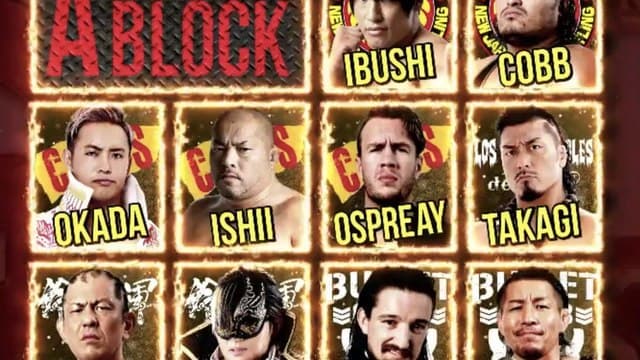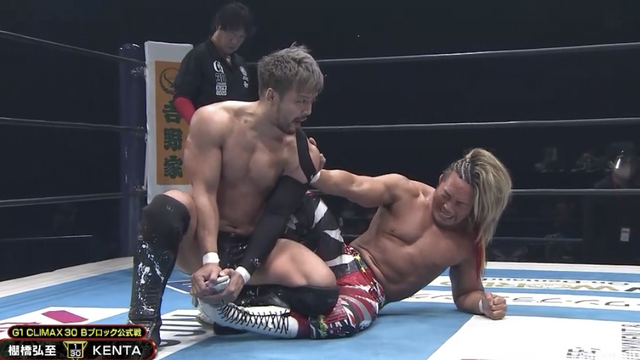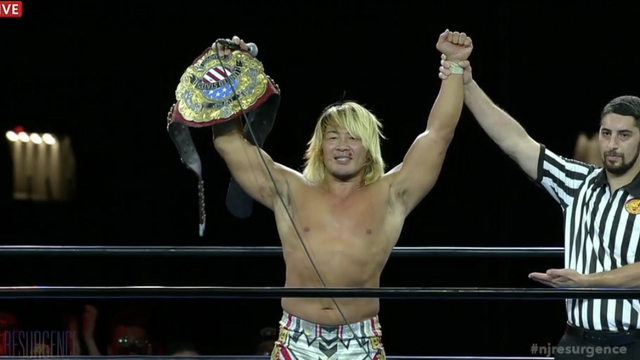0Comments
PUBLISHED
When NJPW Ignores #SpeakingOut Allegations Against Wrestlers, How Can Fans Respond?
About the Author
Emily Pratt
Emily Pratt is a freelance writer based in Los Angeles. She used to study, write about, and make theater. Now she writes a lot about pro wrestling. Pratt is a regular contributor for Fanbyte, with other bylines at Uproxx, Deadlock, Mind Games, Orange Crush, and FanSided WWE.
Newest


